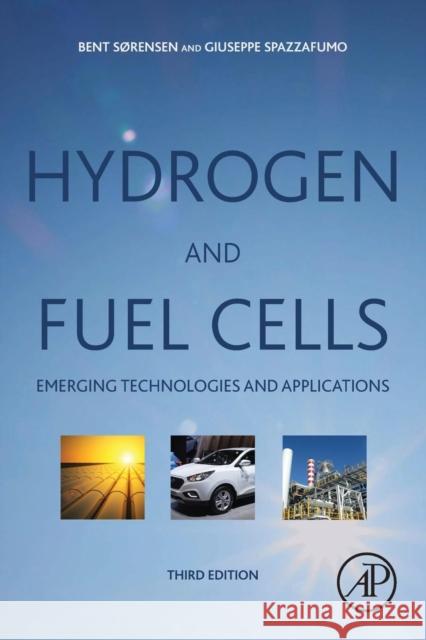Hydrogen and Fuel Cells: Emerging Technologies and Applications » książka
topmenu
Hydrogen and Fuel Cells: Emerging Technologies and Applications
ISBN-13: 9780081007082 / Angielski / Miękka / 2018 / 522 str.
Kategorie:
Kategorie BISAC:
Wydawca:
Elsevier Science & Technology
Język:
Angielski
ISBN-13:
9780081007082
Rok wydania:
2018
Ilość stron:
522
Waga:
0.77 kg
Wymiary:
22.61 x 15.24 x 2.54
Oprawa:
Miękka
Wolumenów:
01












